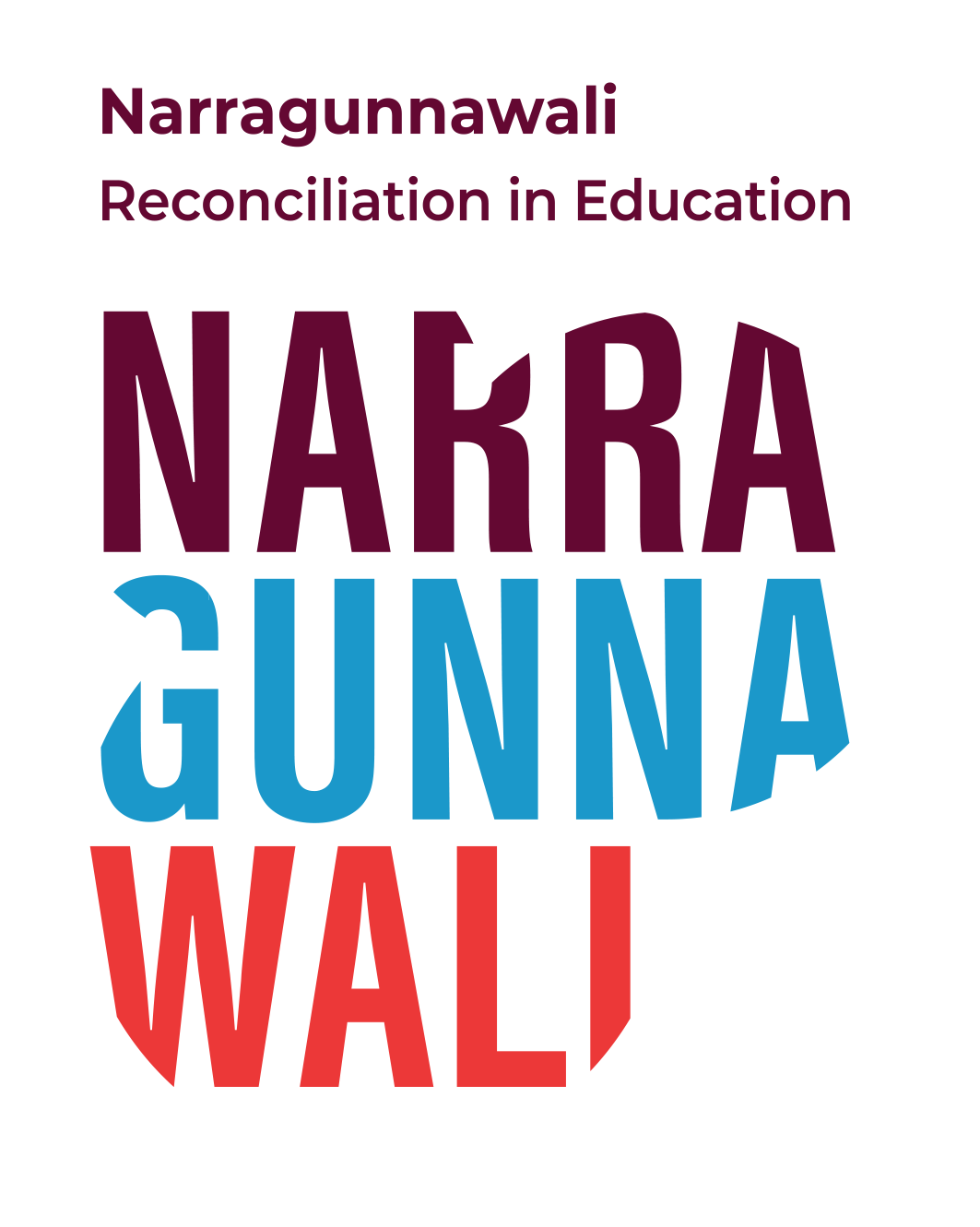Teacher Feature – Mihi Betham, WA
Recently, the six Children and Family Centres that make up the Meerilinga Young Children’s services community took a meaningful step in formalising and expanding on their commitment to reconciliation through developing a strong and shared Narragunnawali Cluster RAP. The Narragunnawali team had the privilege of talking to Cultural Liaison Officer and RAP Working Group Chair, Mihi Betham. A Māori woman of New Zealand, Mihi has made it her mission to develop stronger relationships with local Aboriginal Elders, and to learn more about the combined efforts of the respective Meerilinga Children and Family Centres to drive reconciliation actions on Noongar Country (South-West Western Australia).
Q. Can you tell us a bit about the personal work that you
do in the early learning sector, as well as about the wider work of the six
Meerilinga Children and Family Centres, in fostering reconciliation?
Mihi: “We have 6 centres across the Perth area, with the children aged between 2 years old, and kindergarten. Cultural content is embedded into curriculum planning at each centre, with it being appropriately adapted by each learning centre in collaboration with their local Aboriginal and Torres Strait Islander community members. I visit each centre and my job is to ensure our centres are culturally friendly for Aboriginal and Torres Strait Islander students, and multi-cultural students, that they are free of racism, and work toward everyone having an awareness of, and appreciation for the differences between people. An example of delving into Aboriginal cultural knowledge at a local level is Meerilinga’s Beechboro Children and Family Centre taking up learning and teaching about the six known seasons of the Whadjuk Noongar people and their Country.
Each of the centres are doing their own things.
Each have an Acknowledgement to the specific Language Group of Noongar Country
outside their doors. And the Aboriginal, Torres Strait Islander and Western
Australia flags displayed. So when people come in, they see “Welcome” in
Language, and the Acknowledgement.”
Q: In your opinion, what does an early learning service engaged in reconciliation look like?
Mihi: You know, racism is a learned behavior. You’re not born with it. Engaging with local Aboriginal Elders is really important, to share appropriate cultural knowledge, but also help eliminate that racism and fear. As First Peoples of Australia, it’s important that people understand, and are exposed to how knowledgeable Elders are. These children in our services will then teach their parents. And they do!
Our personal reconciliation journey started with a few talks with staff, and we decided we were going to do a RAP. So we went around to the staff and explained what we were doing and why we were doing it. Some staff members were like “But we don’t have any Aboriginal kids in our centre?” And I was like “Well yes, but you live and work on Aboriginal Country and that’s important.” So, it is about educating the staff first, before they educate the students, so they can learn from each other. For us, what it looks like is embracing the culture, teaching the kids so it’s more equal in the future.
I know the families come here because they feel safe and supported. New families are coming all the time. So word-of-mouth speaks volumes for what Meerilinga services are doing at a local level.
Q. Who inspires you?
Mihi: I’m Indigenous myself, but to New Zealand. I’m a Māori woman. So for me, culture and Aboriginal culture, and yarning to the Elders, that is important, and they inspire me so much. Just sitting around and yarning, they tell you about the culture and the history, and what life was like before colonisation. For me, Elders always taught me that I am a visitor of this land, and to always respect the First Peoples of any nation, as the custodians of this Country. Relating it to New Zealand, we also experienced colonisation and its effects. We can feel empathy with Aboriginal and Torres Strait Islander peoples as we walk beside each other, and support each other.
When you see the community engaging, that is very inspiring. We currently have 27 families that come together in my community of Beachboro, with Elders coming in on a regular basis to share their stories and culture, as well as just having a cuppa and a chat. The kids and young mothers come along; everyone is accepting and gets along. There is no discrimination. That’s cool, and that inspires me every day.
Q: You seem very optimistic about the future.
Mihi: I am optimistic. The ripple is going to spread. It’s got to. It’s like a firecracker - once the fuse is lit, you’re going to get the big bang in the end. And it will come. We are teaching these kids now that, starting at the age of two and a half years old, and they’re compassionate, there’s no racism, and they’re learning the stories. They’re our future. It might not happen in my generation, but it will in my kids’ and my grandkids’.
Q: What advice would you have for early learning educators wanting to engage in reconciliation?
Mihi: Jump in feet first - it’s a lot of fun. A lot of the time people learn about things they had no idea about, so a lot of the time it stirs that flame and they end up going on the journey themselves and learning more about themselves than they might ever have known. It actually is self-learning, and at the same time self-healing.




